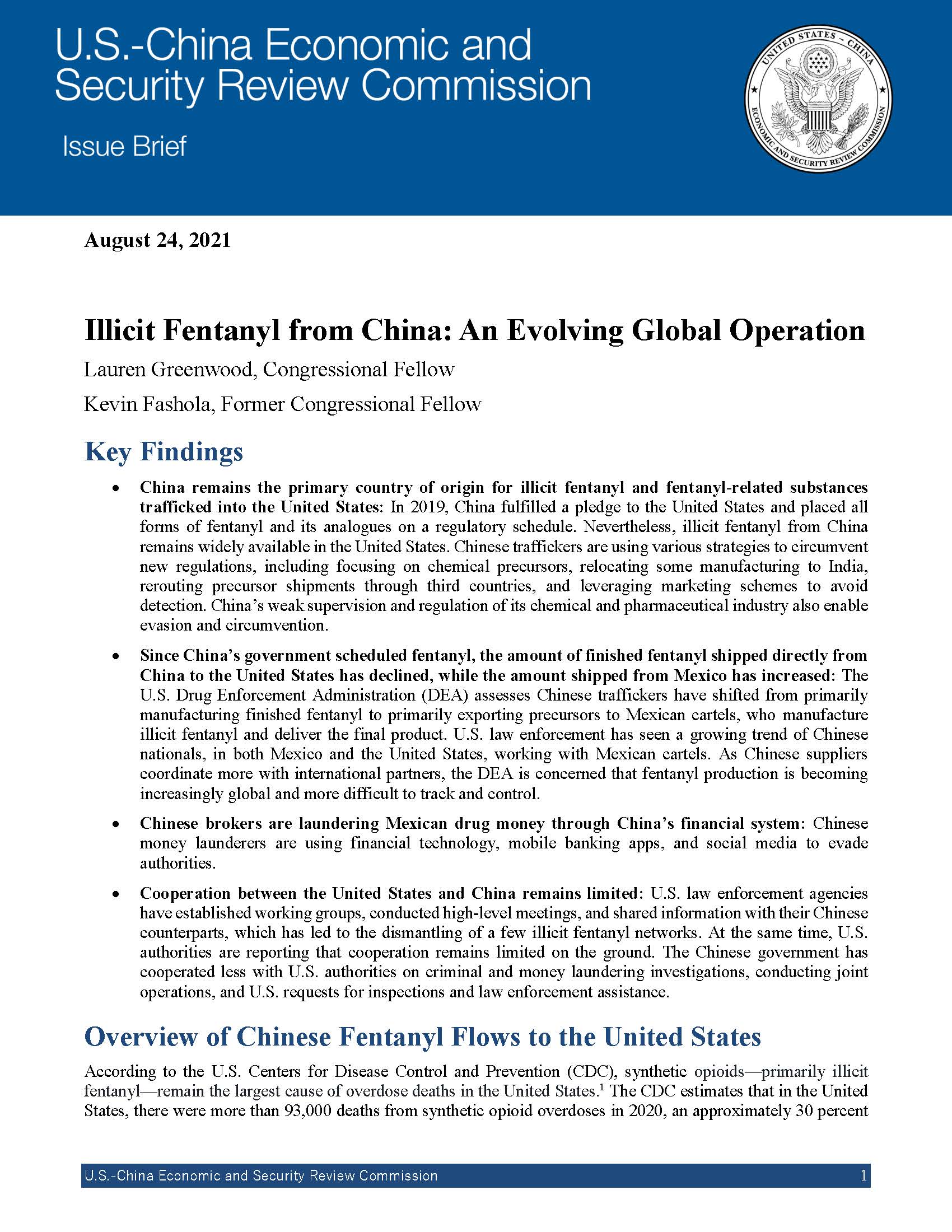Uterine Transplant Proposal: A Community Activist's Suggestion For Transgender Childbearing

Table of Contents
The Current Landscape of Reproductive Options for Transgender Individuals
Currently, transgender individuals who desire biological children have limited options. The most common pathways are surrogacy and adoption. However, these methods present significant challenges. Surrogacy, for example, is often prohibitively expensive, requiring substantial financial resources that many cannot access. The legal complexities surrounding surrogacy and international adoption can be daunting, involving extensive paperwork, legal fees, and lengthy waiting periods. Furthermore, the emotional toll of navigating these processes, often fraught with uncertainty and potential setbacks, is considerable.
- High cost of surrogacy and adoption: The financial burden significantly limits accessibility for many transgender individuals.
- Legal complexities surrounding surrogacy and adoption: Navigating legal frameworks across different jurisdictions can be incredibly challenging and expensive.
- Emotional toll of pursuing alternative reproductive methods: The emotional stress and uncertainty associated with these processes can be substantial.
- Lack of widespread accessibility to these options: Geographical location and socioeconomic status greatly influence access to surrogacy and adoption services.
Uterine Transplantation: A Potential Solution?
Uterine transplantation, a complex surgical procedure involving the transfer of a uterus from a donor to a recipient, offers a potential alternative. While still relatively new, the procedure has shown some success in cisgender women with uterine factor infertility. However, adapting this procedure for transgender individuals presents unique challenges and requires careful consideration.
- Surgical procedures involved in uterine transplantation: This involves a complex multi-stage process including uterus retrieval from the donor, transplantation into the recipient, immunosuppression therapy, and subsequent pregnancy management.
- Success rates of pregnancy after uterine transplantation: While success rates are improving, they are not yet guaranteed, and the procedure carries inherent risks.
- Potential risks and complications of the surgery and subsequent pregnancy: Risks include rejection of the transplanted uterus, infection, blood clots, and complications associated with pregnancy, such as preeclampsia and gestational diabetes.
- Long-term health implications for the recipient: Long-term effects of immunosuppression and the physical demands of pregnancy require ongoing monitoring and management.
Ethical and Societal Considerations
The proposal to use uterine transplantation for transgender individuals raises several crucial ethical and societal considerations. Resource allocation is a primary concern, as uterine transplantation is a resource-intensive procedure. Ensuring fully informed consent from transgender individuals considering this option is paramount, demanding careful consideration of all potential risks and benefits. Furthermore, potential psychological impacts on both the parent and the child require thoughtful discussion and ongoing support. Open public discourse and education are needed to foster societal acceptance and understanding.
- Ethical considerations of using scarce medical resources: Allocation decisions must be equitable and transparent.
- Ensuring informed consent from transgender individuals undergoing the procedure: This requires comprehensive education and ongoing support throughout the process.
- Potential psychological impacts on the child and parent: Addressing the potential emotional and psychological challenges is crucial.
- Societal acceptance and the role of education and awareness: Public understanding and acceptance are essential for successful implementation.
The Role of Medical Professionals and Research
Medical professionals and researchers play a crucial role in evaluating the feasibility and safety of uterine transplantation for transgender individuals. Extensive research is needed to assess the long-term effects of the procedure and to establish clear safety protocols. The development of ethical guidelines and regulatory frameworks is critical to ensure responsible and ethical implementation. Collaboration between medical professionals and the transgender community is paramount to address concerns and ensure the procedure is culturally sensitive and respects the autonomy of the individuals involved.
- Necessity of extensive research to assess safety and efficacy: Further clinical trials and long-term studies are vital.
- Ethical guidelines and regulatory frameworks: Clear guidelines are needed to protect the rights and well-being of participants.
- Collaboration between medical professionals and transgender communities: Open communication and community engagement are crucial.
The Activist's Perspective and Community Support
The community activist behind this proposal advocates for expanded reproductive options and increased autonomy for transgender individuals. Their argument centers on the right to biological parenthood as an integral aspect of gender identity and family formation. The level of community support for this proposal varies, highlighting the ongoing need for inclusivity in reproductive healthcare discussions. Advocacy for increased funding for research and improved access to healthcare for transgender individuals is a central component of this movement.
- Advocacy for transgender rights and reproductive autonomy: The activist's perspective emphasizes the importance of choice and self-determination.
- Importance of community support and engagement: Broad-based support from within the transgender community and beyond is critical.
- Advocacy for increased funding for research and healthcare access: Financial support is essential for research and wider accessibility.
Conclusion
The proposal for uterine transplantation for transgender individuals presents both exciting possibilities and significant challenges. While the ethical, medical, and societal considerations are complex and require thorough investigation, the initiative highlights the urgent need for expanded and inclusive reproductive healthcare options. Further research, ethical discussions, and community engagement are critical to responsibly explore the potential of uterine transplantation for transgender individuals seeking to experience biological parenthood. To learn more about advocating for inclusive reproductive healthcare, research the latest developments in uterine transplant for transgender individuals. Join the conversation and help shape a future where all individuals have access to the reproductive choices that align with their identities and desires.

Featured Posts
-
 Uk To Tighten Visa Rules Amid Nigerian Overstay Concerns
May 10, 2025
Uk To Tighten Visa Rules Amid Nigerian Overstay Concerns
May 10, 2025 -
 Palantir Stock A Pre May 5th Investment Analysis
May 10, 2025
Palantir Stock A Pre May 5th Investment Analysis
May 10, 2025 -
 Your Complete Guide To The Nl Federal Election Candidates
May 10, 2025
Your Complete Guide To The Nl Federal Election Candidates
May 10, 2025 -
 Did The Fentanyl Crisis Open Doors For Us China Trade Talks
May 10, 2025
Did The Fentanyl Crisis Open Doors For Us China Trade Talks
May 10, 2025 -
 Investigation Launched Into Alleged Illegal Access Of Patient Data By Nhs Staff In Nottingham
May 10, 2025
Investigation Launched Into Alleged Illegal Access Of Patient Data By Nhs Staff In Nottingham
May 10, 2025
